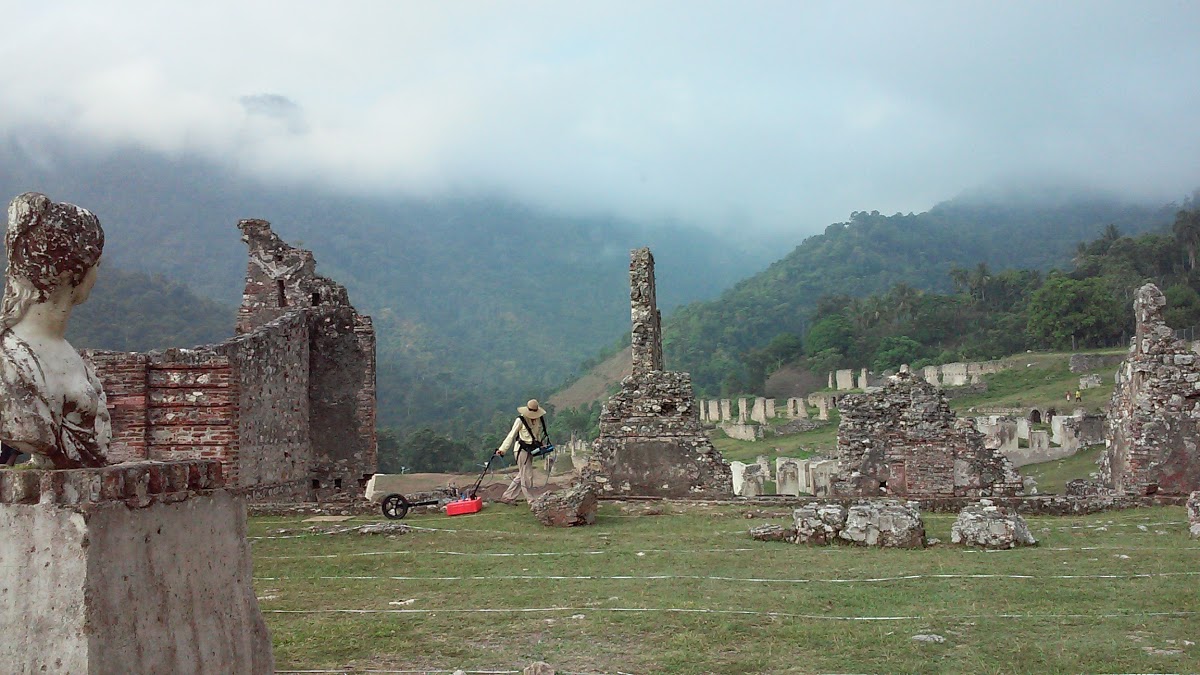
FAYETTEVILLE, Ark. – The National Science Foundation has renewed its funding for the Spatial Archaeometry Research Collaborations Program, an initiative at the University of Arkansas that acts as a national hub for geospatial research in archaeology.
The $277,264 grant allows the program, known as SPARC, to continue to provide funding for data collection in the field and lab analysis, along with research expertise for archaeological research projects that use 3-D measurement, geospatial analysis and remote-sensing technologies.
The SPARC Program helps researchers learn about spatial archaeometry, which measures properties of archaeological materials at all scales, including objects, sites and landscapes. The spatial properties of the measurements are central to their analysis and interpretation.
The program was created by the Center for Advanced Spatial Technologies and Archaeo-Imaging Laboratory with a $250,000 grant from the science foundation in 2013.
Since SPARC launched, CAST researchers have collaborated on more than 15 projects, including working with the City of Boston Archaeology Program to scan fingerprints on the unglazed ceramic potsherds found at colonial-era kiln and tavern sites and with the University of California, Berkeley, on magnetometry and ground-penetrating radar surveys to map the ancient Edomite complex in Busayra, Jordan.
Magnetometry is the technique of measuring and mapping patterns of magnetism in the soil. Ancient activity leaves magnetic traces that show up when detected with the right equipment.
“We attract a wide variety of collaborators and projects because the things archaeologists study, from artifacts to sites to landscapes, almost always have a spatial component and for many decades space has been viewed as one of the central dimensions of archaeological study,” said SPARC Executive Director Rachel Opitz. “The capabilities of geospatial technologies to enhance the discovery and interpretation of these things not only offers new data, but creates entirely novel means of engaging with the archaeological record.”
A full list and complete descriptions of the recent awards can be found at the SPARC website.
To learn more about SPARC projects, visit Research Frontiers.
CAST, established in the J. William Fulbright College of Arts and Sciences at the U of A in 1991, is dedicated to research and applications in geospatial analysis and modeling, remote sensing and digital photogrammetry. Photogrammetry is the science of recording, measuring and interpreting photographic images, among other things. Remote sensing is the measurement or acquisition of information about an object or scene by a satellite, radar or aerial photography.
Contacts
Rachel Opitz, executive director
Spatial Archaeometry Research Collaborations
479-305-4591, ropitz@uark.edu
Chris Branam, research communications writer/editor
University Relations
479-575-4737, cwbranam@uark.edu